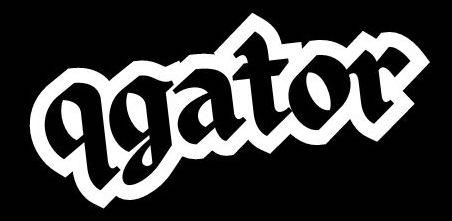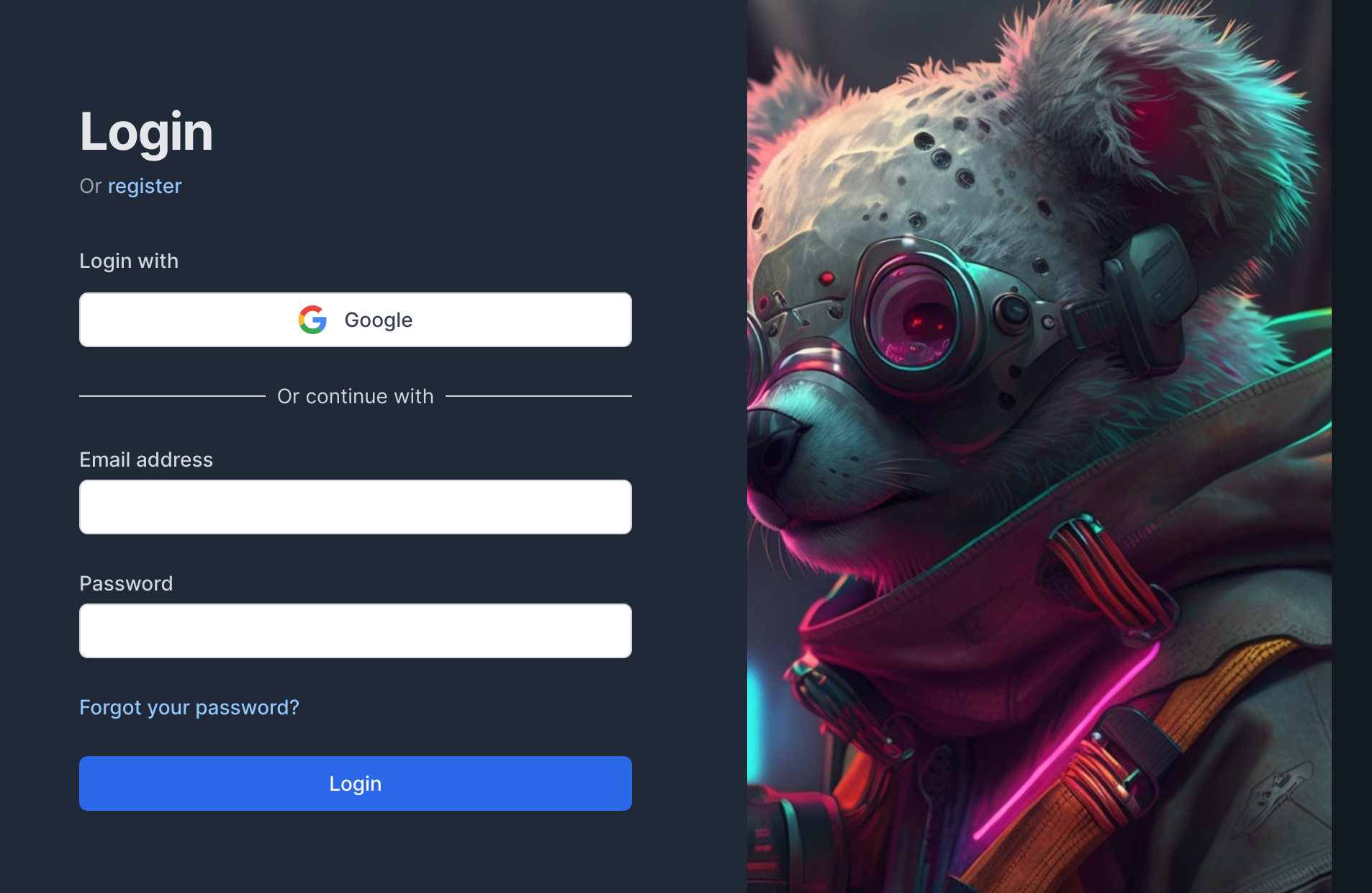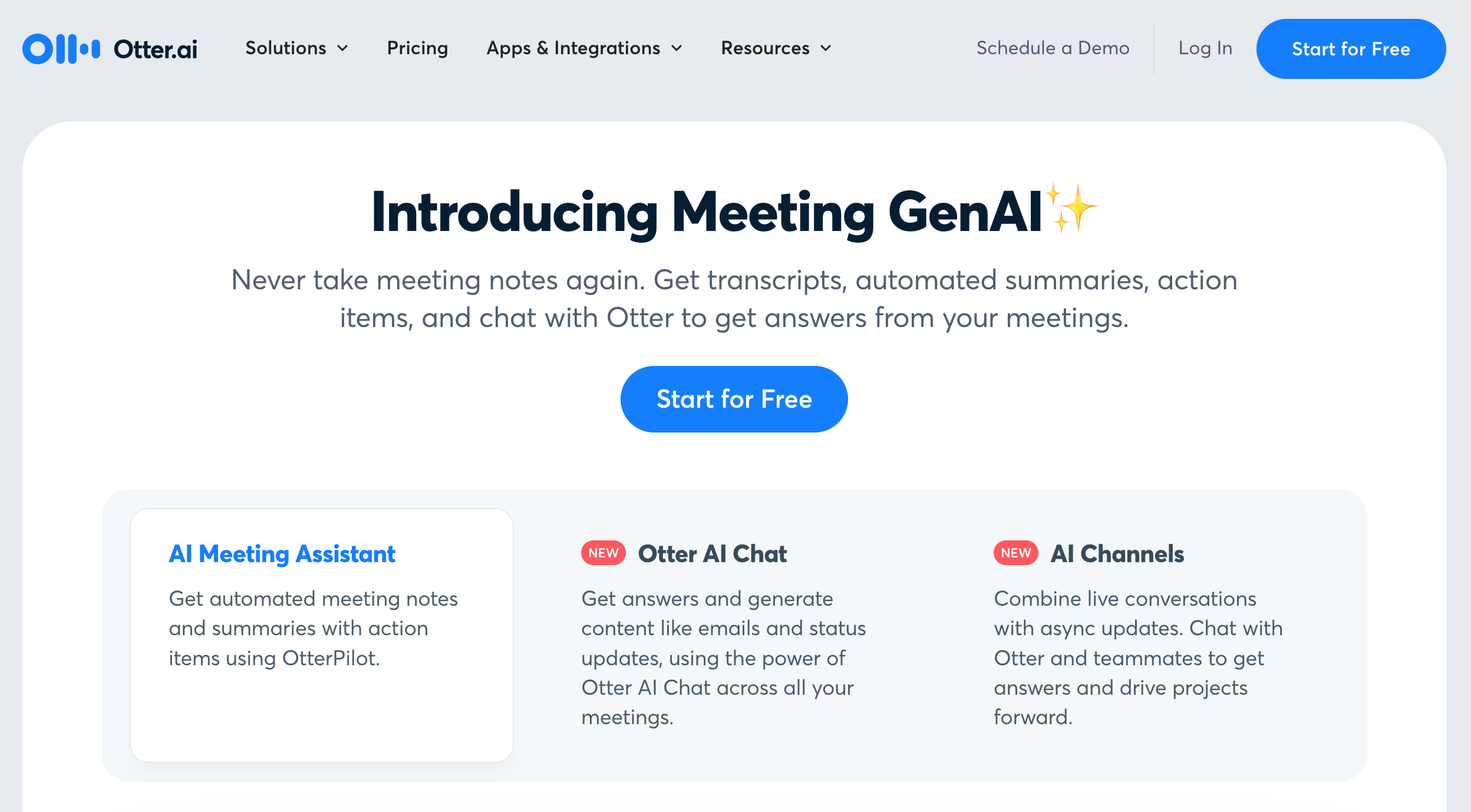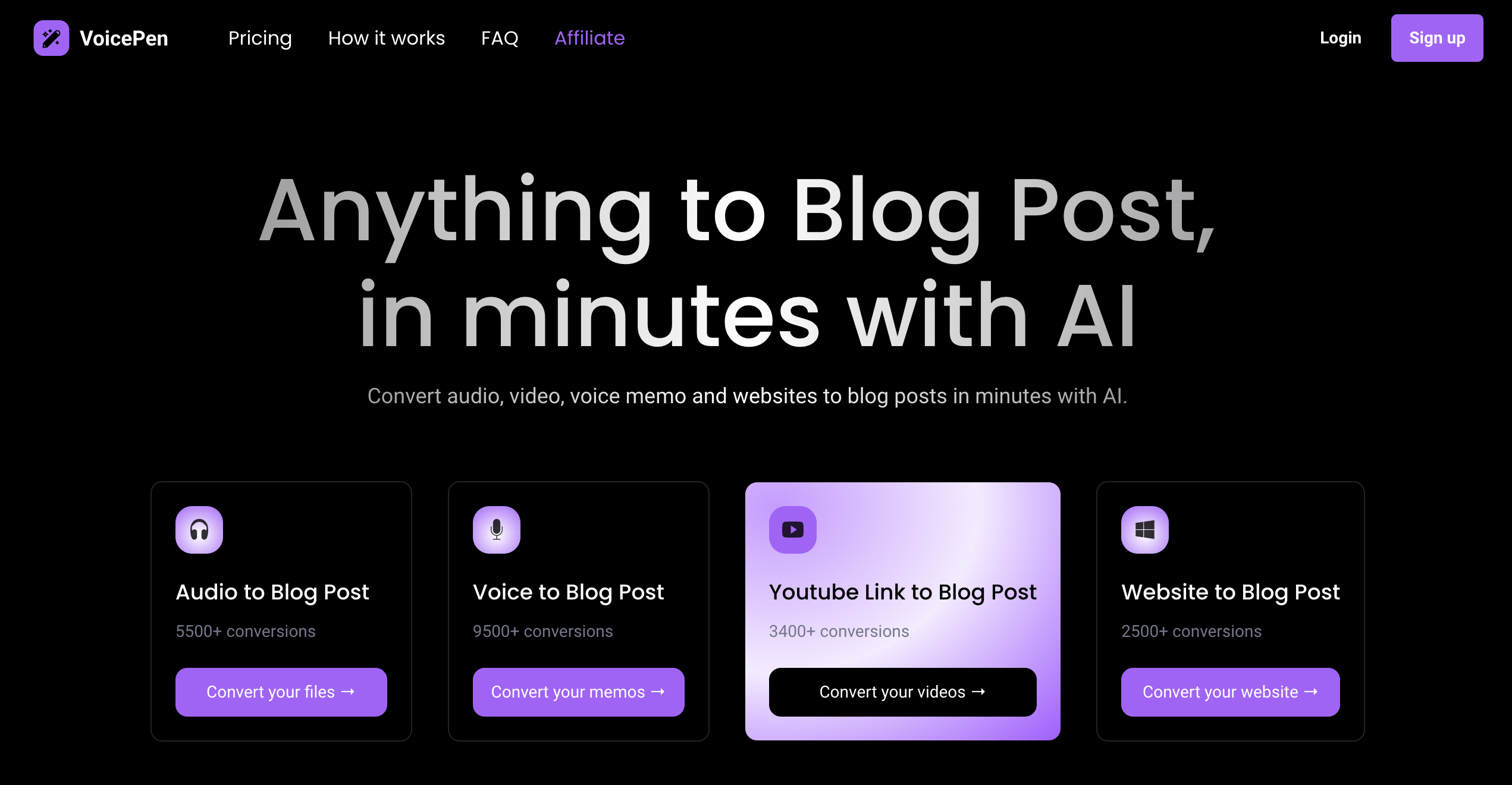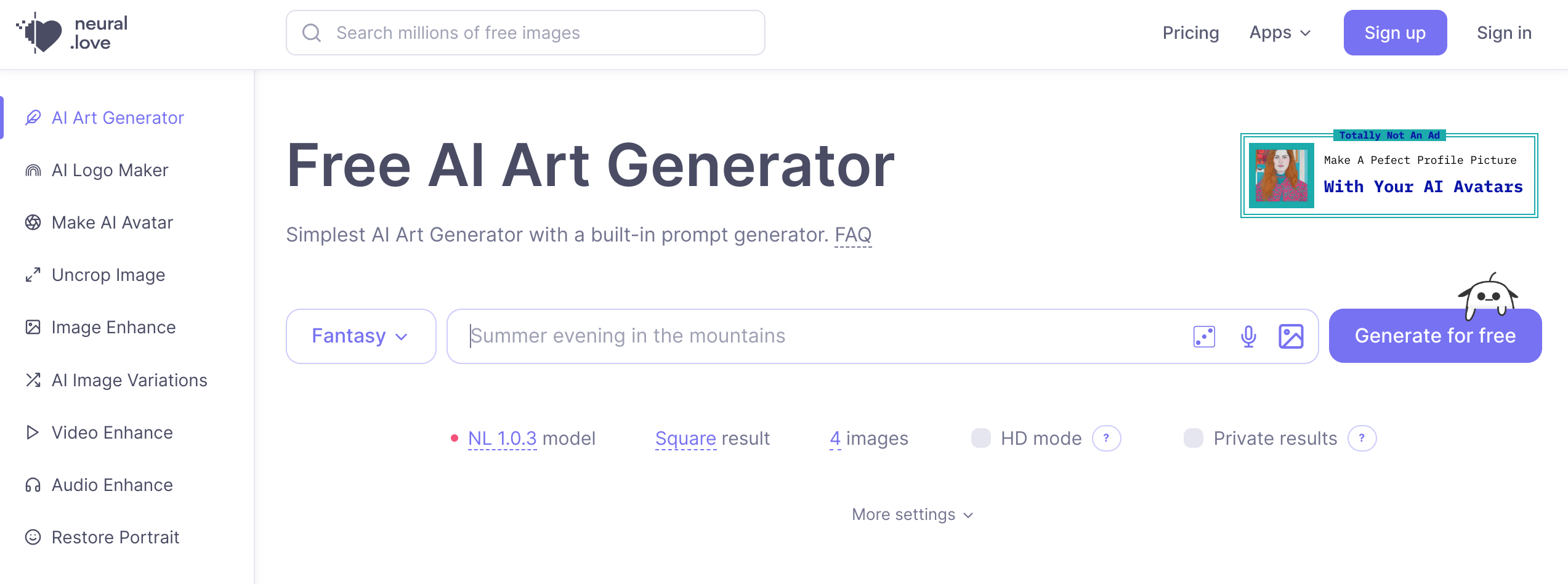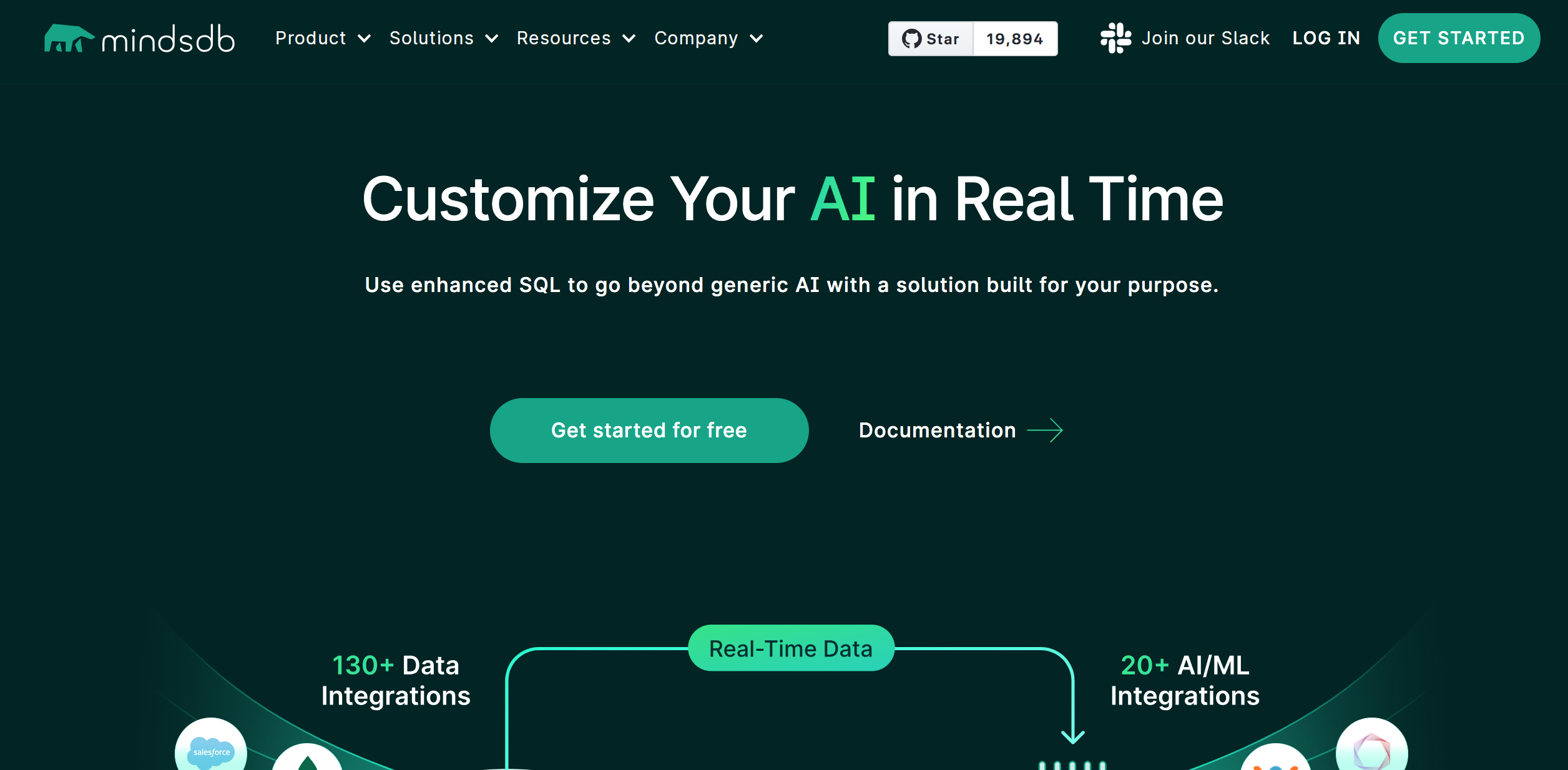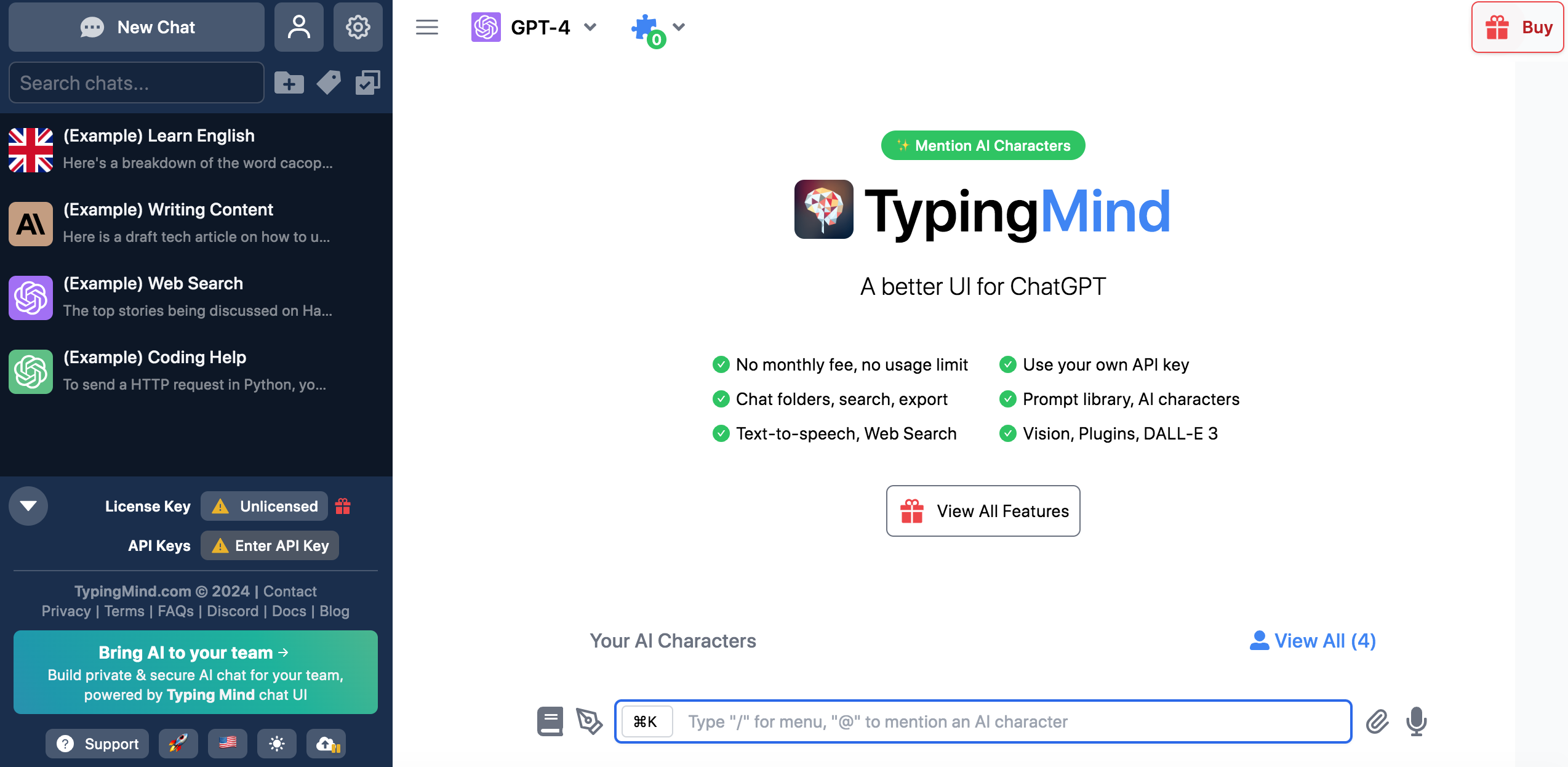Are you curious about the hottest job opportunities in the ever-expanding field of Internet of Things (IoT)? Look no further! In this article, we will explore the top 10 IoT jobs that are currently in high demand. From data scientists to security analysts, these roles offer exciting career prospects in the rapidly evolving world of IoT. So, if you’re ready to embark on an exciting journey into the realm of connected devices, read on to discover the top 10 IoT jobs that can shape your future.

Data Scientist
What is a Data Scientist?
A Data Scientist is a professional who utilizes their expertise in statistics, programming, and analytical thinking to extract meaningful insights from vast amounts of data. They play a crucial role in helping organizations make data-driven decisions and solve complex business problems.
Skills required
To become a successful Data Scientist, you need to possess a combination of technical and soft skills. Technical skills include proficiency in programming languages such as Python or R, knowledge of machine learning algorithms, data visualization tools, and database management. Additionally, you should have a strong understanding of statistics and mathematics.
Soft skills are equally important as they enable you to effectively communicate your findings and collaborate with teams. These skills include critical thinking, problem-solving, attention to detail, and the ability to work in a fast-paced environment.
Job responsibilities
As a Data Scientist, your responsibilities may vary depending on the organization and project requirements. However, some common job responsibilities include:
- Data Collection and Exploration: You will be responsible for collecting and cleaning large datasets, as well as exploring the data to identify patterns and trends.
- Model Development: Utilize machine learning algorithms and statistical techniques to develop predictive models that can be used for forecasting, optimization, or pattern recognition.
- Data Visualization: Present complex data in a visually appealing and easy-to-understand manner using data visualization tools like Tableau or Power BI.
- Collaboration and Communication: Work closely with cross-functional teams to understand business objectives and provide insights based on data analysis. Effectively communicate your findings to both technical and non-technical stakeholders.
- Continuous Learning: Stay updated with the latest advancements in the field of Data Science, including new techniques, algorithms, and tools.
IoT Architect
What is an IoT Architect?
An IoT Architect is responsible for designing and implementing the infrastructure and software solutions required for Internet of Things (IoT) projects. They analyze business requirements, identify technical constraints, and propose the most suitable architectural design to ensure seamless connectivity and integration of IoT devices.
Skills required
To succeed as an IoT Architect, you need a strong technical background and a deep understanding of IoT principles. Some essential skills for this role include:
- Technical Expertise: Proficiency in IoT platform architecture, cloud computing, network protocols, and security frameworks.
- System Integration: Ability to integrate and connect various IoT devices, systems, and protocols to create a cohesive IoT ecosystem.
- Architecture Design: Create scalable and flexible IoT architectures, considering factors like performance, reliability, scalability, and security.
- Programming: Experience with programming languages like Python, Java, or C++ to develop customized IoT solutions.
- Project Management: Strong project management skills to lead and coordinate multiple IoT projects simultaneously.
Job responsibilities
As an IoT Architect, your job responsibilities may include:
- Requirement Analysis: Collaborate with stakeholders to identify their business needs and translate them into technical requirements for IoT solutions.
- System Design: Create detailed architectural designs that outline the integration of sensors, gateways, networks, and cloud infrastructure.
- Security Implementation: Ensure that appropriate security measures are implemented to protect IoT devices and networks.
- Infrastructure Deployment: Oversee the implementation of IoT platforms and support the deployment of IoT devices.
- Maintenance and troubleshooting: Monitor the performance and stability of IoT systems, conduct regular maintenance, and troubleshoot issues when they arise.
- Performance Optimization: Continuously optimize IoT architectures to enhance system performance, scalability, and reliability.
IoT Developer
What is an IoT Developer?
An IoT Developer is responsible for writing code and developing software applications that enable the functioning and communication of IoT devices. They collaborate with IoT Architects, Data Scientists, and other professionals to create reliable and efficient IoT solutions.
Skills required
To excel as an IoT Developer, you need a diverse skill set that includes:
- Programming Languages: Proficiency in languages such as C, C++, Java, Python, or JavaScript, depending on the IoT platform and application requirements.
- Embedded Systems: Familiarity with embedded systems and microcontrollers used in IoT devices.
- Protocols and APIs: Knowledge of IoT communication protocols like MQTT or CoAP, and experience working with APIs for data integration.
- Web and Mobile Application Development: Understanding of web and mobile app development frameworks and libraries to create IoT interfaces.
- Database Management: Ability to work with databases like MySQL or MongoDB to store and retrieve IoT data.
Job responsibilities
The job responsibilities of an IoT Developer typically include:
- Application Development: Develop software applications that facilitate data collection, device management, and real-time analytics for IoT systems.
- Device Integration: Integrate IoT devices with application backends, cloud platforms, and databases.
- Code Optimization: Optimize code for IoT devices to ensure efficient use of system resources such as memory and energy.
- Testing and Debugging: Conduct thorough testing and debugging to identify and resolve any issues or bugs in the IoT applications.
- Security Implementation: Implement security measures at the software level to protect IoT devices and data.
- Collaboration: Collaborate with cross-functional teams to understand project requirements and ensure the successful implementation of IoT solutions.
IoT Consultant
What is an IoT Consultant?
An IoT Consultant is a professional who provides expert advice and guidance on IoT strategies, implementation, and technology adoption to organizations. They work closely with key stakeholders to understand business objectives and recommend the most suitable IoT solutions to achieve those objectives.
Skills required
To be an effective IoT Consultant, you need a combination of technical knowledge and consulting skills. Key skills for this role include:
- IoT Knowledge: In-depth understanding of IoT technologies, platforms, industry standards, and emerging trends.
- Business Acumen: Ability to analyze business requirements and align them with IoT solutions that offer tangible benefits and value.
- Communication Skills: Excellent communication and presentation skills to convey complex technical concepts to both technical and non-technical stakeholders.
- Problem-solving: Strong analytical and problem-solving abilities to identify challenges and develop innovative solutions.
- Project Management: Ability to manage and coordinate IoT projects, including defining project scope, managing budgets and resources, and ensuring timely delivery.
Job responsibilities
As an IoT Consultant, your responsibilities may include:
- Requirement Analysis: Meet with clients to understand their business objectives, challenges, and opportunities for leveraging IoT technology.
- Solution Design: Develop comprehensive IoT solutions that address client needs, considering factors such as connectivity, scalability, security, and cost-effectiveness.
- Feasibility Assessment: Evaluate the feasibility of implementing IoT solutions based on technical constraints, budget, and timelines.
- Vendor Evaluation: Assess and recommend IoT hardware and software vendors that align with client requirements and budget.
- Risk Assessment: Identify and analyze potential risks associated with IoT project implementation and propose risk mitigation strategies.
- Training and Support: Provide necessary training and support to clients during the implementation and maintenance of IoT solutions.
- Industry Research: Stay updated with the latest IoT trends, industry developments, and best practices to provide the most relevant and effective recommendations to clients.

IoT Security Analyst
What is an IoT Security Analyst?
An IoT Security Analyst is responsible for ensuring the security and integrity of IoT systems and devices. They assess potential vulnerabilities, create security protocols, and implement measures to protect against cyber threats.
Skills required
To excel as an IoT Security Analyst, you need a strong background in cybersecurity and a good understanding of IoT principles. Essential skills for this role include:
- Cybersecurity Knowledge: In-depth knowledge of cybersecurity principles, best practices, and emerging threats.
- IoT Systems Understanding: Understanding of IoT architecture, protocols, and device integration to identify potential security risks.
- Penetration Testing: Proficiency in conducting penetration tests to identify vulnerabilities and assess the overall security posture of IoT systems.
- Risk Assessment: Ability to perform risk assessments to identify potential security threats and propose mitigation strategies.
- Security Tools: Familiarity with security tools and technologies used in IoT environments, such as Intrusion Detection Systems (IDS), firewalls, and encryption protocols.
Job responsibilities
As an IoT Security Analyst, your job responsibilities may include:
- Risk Assessment: Identify and assess potential security risks in IoT systems, including vulnerabilities in devices, networks, and applications.
- Security Protocol Development: Develop security protocols and policies to safeguard IoT devices and networks against cyber threats.
- Incident Response: Develop and implement incident response plans to handle security breaches or malicious attacks on IoT systems.
- Security Audits: Conduct regular security audits to ensure compliance with industry standards and regulations.
- Security Training: Provide training and awareness sessions to stakeholders on IoT security best practices.
- Security Monitoring: Monitor IoT systems for any suspicious activities or unauthorized access and take necessary action to mitigate risks.
- Stay Updated: Stay informed about the latest advancements and trends in IoT security to proactively address emerging threats.
Data Engineer
What is a Data Engineer?
A Data Engineer is responsible for designing, developing, and maintaining the infrastructure required for efficient data processing and storage. They work closely with Data Scientists and other stakeholders to ensure the availability and accessibility of high-quality data for analysis and decision-making.
Skills required
To thrive as a Data Engineer, you need a blend of technical skills and a solid understanding of data management principles. Key skills for this role include:
- Database Management: Proficiency in working with relational and non-relational databases like SQL, MongoDB, or Cassandra.
- Data Warehousing: Understanding of data warehousing concepts and experience with tools like Apache Hadoop or Apache Spark.
- ETL (Extract, Transform, Load): Knowledge of ETL processes and tools to ensure the efficient movement and transformation of data.
- Programming: Proficiency in programming languages like Python, Java, or Scala to develop data pipelines and automate data processes.
- Data Quality and Governance: Familiarity with data quality frameworks and governance principles to ensure data accuracy and compliance.
Job responsibilities
As a Data Engineer, your responsibilities may include:
- Data Pipeline Development: Design, develop, and maintain data pipelines to extract, transform, and load data from various sources into the data warehouse or data lakes.
- Data Integration: Integrate and consolidate data from multiple systems and databases to ensure the availability of comprehensive and reliable datasets.
- Data Modeling: Design and implement data models that facilitate efficient storage, retrieval, and analysis of data.
- Performance Optimization: Optimize data pipelines and processes to improve performance and reduce latency.
- Data Quality Assurance: Implement data quality checks and validations to ensure the accuracy and integrity of data.
- Data Governance: Ensure compliance with data governance policies, data privacy regulations, and industry best practices.
- Collaboration: Collaborate with Data Scientists and other stakeholders to understand their data requirements and provide data solutions that meet their needs.
IoT Product Manager
What is an IoT Product Manager?
An IoT Product Manager is responsible for overseeing the development and management of IoT products throughout their lifecycle. They define product strategy, gather customer requirements, and guide the development and launch of IoT solutions.
Skills required
To be a successful IoT Product Manager, you need a combination of technical knowledge, business acumen, and strong leadership skills. Key skills for this role include:
- IoT Knowledge: Deep understanding of IoT technologies, protocols, and industry trends.
- Product Strategy: Ability to define and communicate a clear product vision and roadmap based on market trends and customer needs.
- Technical Understanding: Familiarity with the technical aspects of IoT systems, including hardware, software, and connectivity.
- Customer Focus: Strong customer empathy and ability to gather and prioritize customer requirements.
- Project Management: Excellent project management skills to coordinate cross-functional teams and ensure the successful delivery of IoT products.
Job responsibilities
As an IoT Product Manager, your job responsibilities may include:
- Market Research: Conduct market research to identify customer needs, market trends, and competitive landscape in the IoT domain.
- Product Vision and Roadmap: Define and communicate a clear product vision and roadmap that aligns with customer needs and business objectives.
- Requirements Gathering: Collect and prioritize customer requirements, working closely with stakeholders to ensure the development of market-leading IoT solutions.
- Cross-functional Collaboration: Collaborate with engineering teams, designers, and other stakeholders to develop, test, and launch IoT products.
- Product Launch and Marketing: Plan and execute product launches, work closely with marketing teams to develop effective marketing strategies and materials.
- Performance Analysis: Monitor and analyze product performance, user feedback, and market trends to identify areas for improvement and future development.
Cloud Architect
What is a Cloud Architect?
A Cloud Architect is responsible for designing and implementing cloud-based solutions, including infrastructure, platforms, and services, to support IoT and other business needs. They ensure scalability, security, and reliability while optimizing cloud resources.
Skills required
To excel as a Cloud Architect, you need a strong understanding of cloud computing technologies, architectures, and platforms. Key skills for this role include:
- Cloud Platforms: Expertise in major cloud platforms such as Amazon Web Services (AWS), Microsoft Azure, or Google Cloud Platform (GCP).
- IoT Integration: Understanding of IoT architectures and protocols to enable seamless integration of IoT devices with cloud services.
- Infrastructure as Code (IaC): Proficiency in tools like Terraform or CloudFormation for automating cloud infrastructure deployment and management.
- Security and Compliance: Knowledge of cloud security best practices, compliance frameworks, and encryption protocols.
- Cost Optimization: Ability to optimize cloud resource utilization to minimize costs while ensuring optimal performance and scalability.
Job responsibilities
As a Cloud Architect, your job responsibilities may include:
- Requirements Analysis: Collaborate with stakeholders to understand their business requirements and define cloud strategies and objectives.
- Cloud Solution Design: Design scalable, secure, and cost-effective cloud architectures that support IoT and other business needs.
- Infrastructure Deployment: Implementation and management of cloud infrastructure, ensuring high availability, performance, and security.
- IoT Integration: Develop strategies and solutions for integrating IoT devices and data into the cloud ecosystem.
- Optimization and Cost Management: Continuously optimize cloud resources, monitor costs, and recommend strategies for cost reduction.
- Data Governance and Security: Ensure data governance, compliance, and security best practices are implemented in the cloud environment.
- Disaster Recovery and Business Continuity: Develop and implement disaster recovery plans to ensure business continuity in case of disruptions.
IoT Sales Engineer
What is an IoT Sales Engineer?
An IoT Sales Engineer is responsible for bridging the gap between technical solutions and customer needs. They collaborate with sales teams to understand customer requirements, provide technical expertise, and propose IoT solutions that align with customer objectives.
Skills required
To succeed as an IoT Sales Engineer, you need a combination of technical knowledge, strong communication skills, and sales acumen. Key skills for this role include:
- IoT Technology: Deep understanding of IoT architectures, protocols, and industry trends.
- Sales and Negotiation: Strong sales and negotiation skills to effectively communicate the value proposition of IoT solutions to customers.
- Technical Expertise: Ability to understand customer requirements and propose technically feasible and innovative IoT solutions.
- Collaboration: Effective collaboration with sales teams, engineers, and other stakeholders to develop winning proposals and close deals.
Job responsibilities
As an IoT Sales Engineer, your job responsibilities may include:
- Customer Engagement: Engage with potential customers to understand their business objectives, challenges, and opportunities for IoT adoption.
- Solution Development: Work with sales teams to develop customized IoT solutions that address customer needs and align with their objectives.
- Product Demonstrations: Conduct product demonstrations to showcase the features and capabilities of IoT solutions.
- Proposal and Pricing: Collaborate with sales teams to create technically sound proposals and pricing structures that meet customer requirements.
- Technical Consulting: Provide technical expertise and guidance to customers during the sales process, addressing their concerns and questions.
- Relationship Management: Build and maintain strong relationships with customers, ensuring their satisfaction with IoT solutions.
- Market and Competition Analysis: Stay informed about the IoT market landscape, competitive offerings, and emerging trends to effectively position IoT solutions.
IoT Project Manager
What is an IoT Project Manager?
An IoT Project Manager is responsible for overseeing the planning, execution, and delivery of IoT projects. They work closely with cross-functional teams, stakeholders, and vendors to ensure project success within budget and timelines.
Skills required
To excel as an IoT Project Manager, you need a combination of project management expertise, technical knowledge, and strong leadership skills. Key skills for this role include:
- Project Management: Proficiency in project management methodologies, tools, and best practices.
- Technical Understanding: Understanding of IoT technologies, architectures, and protocols to effectively manage IoT projects.
- Stakeholder Management: Excellent communication and relationship-building skills to effectively collaborate with stakeholders, including clients, vendors, and cross-functional teams.
- Risk Management: Ability to identify, assess, and mitigate risks associated with IoT project implementation.
- Budget and Resource Management: Experience in managing project budgets, allocating resources, and ensuring optimal resource utilization.
Job responsibilities
As an IoT Project Manager, your responsibilities may include:
- Project Planning: Define project scope, objectives, deliverables, and resource requirements in collaboration with stakeholders.
- Timeline and Budget Management: Develop project schedules, allocate resources, and monitor budget adherence throughout the project lifecycle.
- Risk Assessment and Mitigation: Identify potential risks and develop risk mitigation strategies to ensure project success.
- Cross-functional Collaboration: Coordinate and collaborate with cross-functional teams, vendors, and stakeholders to ensure seamless execution of IoT projects.
- Quality Assurance: Implement quality control measures to ensure that project deliverables meet the required standards.
- Project Reporting: Provide regular updates to stakeholders on the progress, risks, and issues associated with IoT projects.
- Post-implementation Review: Conduct post-implementation reviews to evaluate project success, document lessons learned, and identify areas for improvement.
In conclusion, the field of IoT offers a wide range of career opportunities, each requiring a unique set of skills and responsibilities. Whether you are interested in data analysis, architecture, development, security, or project management, the IoT industry presents an exciting and promising future. By acquiring the necessary skills and expertise, you can contribute to the growth and innovation in this rapidly evolving field.
